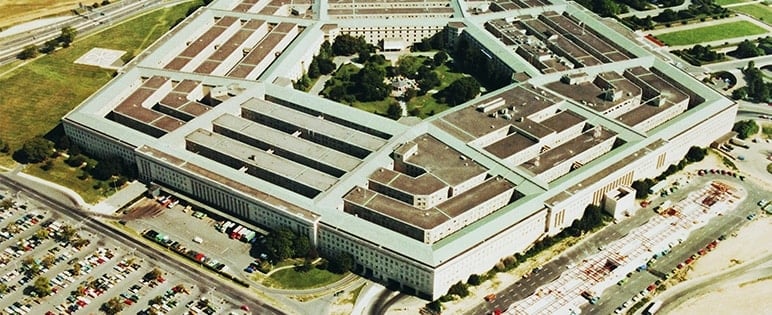Security From Inside the State
How do politics, organizations, and policy processes inside states create conditions for peace and conflict? To what extent do regime type, the perceptions of leaders, and past history influence a state’s security goals in the international system? In this course, students will answer these questions by understanding and applying core concepts from security studies, domestic politics, and foreign policy. In other words, this course uses characteristics from inside a state as a tool for understanding security relations between states and their abilities to identify, prevent, and resolve conflict.



